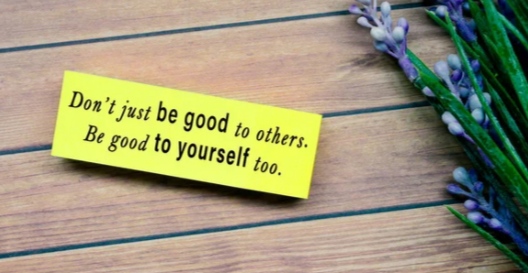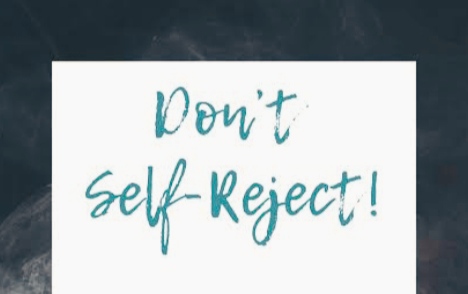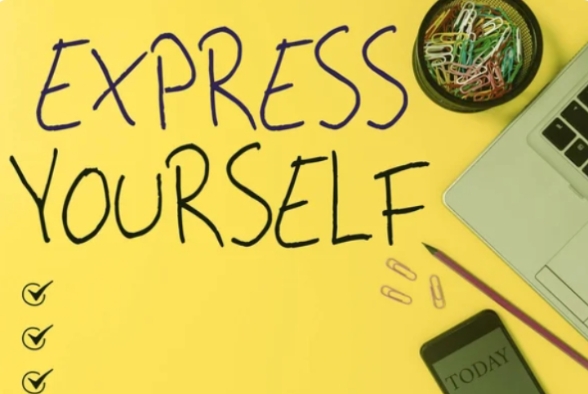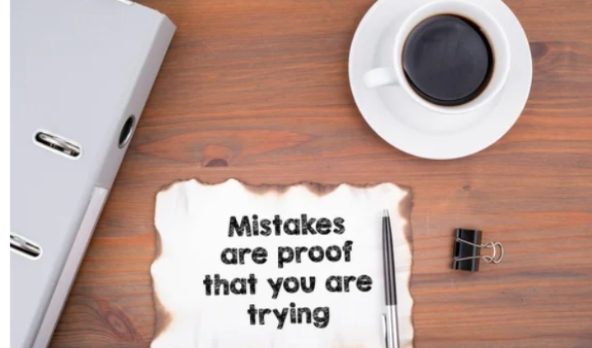
Happiness is a beautiful emotion that everyone desires to experience. We often strive to achieve a state of perpetual happiness, assuming that it is the ultimate goal in life. However, the truth is that being happy all the time is simply not possible. Happiness is a fleeting emotion that comes and goes, just like any other human emotion.
It is important to recognize that being happy is a natural part of life, but it cannot be sustained indefinitely. Happiness is often the result of experiencing positive events or circumstances, such as achieving goals, spending time with loved ones, or encountering good fortune. These moments of happiness bring us joy and a sense of fulfillment, but they are temporary.
Life is full of ups and downs, and it is in these challenging moments that we learn and grow as individuals. Difficulties, setbacks, and even sadness are an essential part of the human experience. Trying to be happy all the time sets unrealistic expectations that can lead to disappointment, frustration, and a constant feeling of inadequacy.
Furthermore, there is a misconception that being happy all the time equates to a fulfilling and meaningful life. However, this perspective overlooks the complexity of our emotions. It is through the contrast of happiness and sadness that we fully appreciate the range of human experience. It is during our darkest moments that we often discover our inner strength and resilience. These challenges allow us to grow as individuals and gain a deeper understanding of ourselves, our purpose, and our values.
There is also an inherent danger in striving for constant happiness. It can lead to the suppression of other emotions deemed as negative, such as sadness, anger, or fear. Our emotional well-being relies on the ability to process and express a range of emotions. Suppressing or denying these emotions can have detrimental effects on our mental health and overall happiness.
Instead of striving for constant happiness, we should aim for contentment and balance. Accepting that life is a tapestry of joy and sorrow allows us to experience a wider spectrum of emotions. By embracing the ups and downs, we can cultivate a deeper sense of gratitude, compassion, and resilience.
It is essential to remember that it is okay to not be happy all the time. It is normal to experience moments of sadness or disappointment. These emotions do not make us weak or unsuccessful. On the contrary, they contribute to our growth and help shape who we are.
We must give ourselves permission to experience the full range of human emotions and understand that happiness is just one aspect of life. By embracing the entirety of our emotional landscape, we can find a greater sense of authenticity, emotional well-being, and ultimately live a more fulfilling life.








